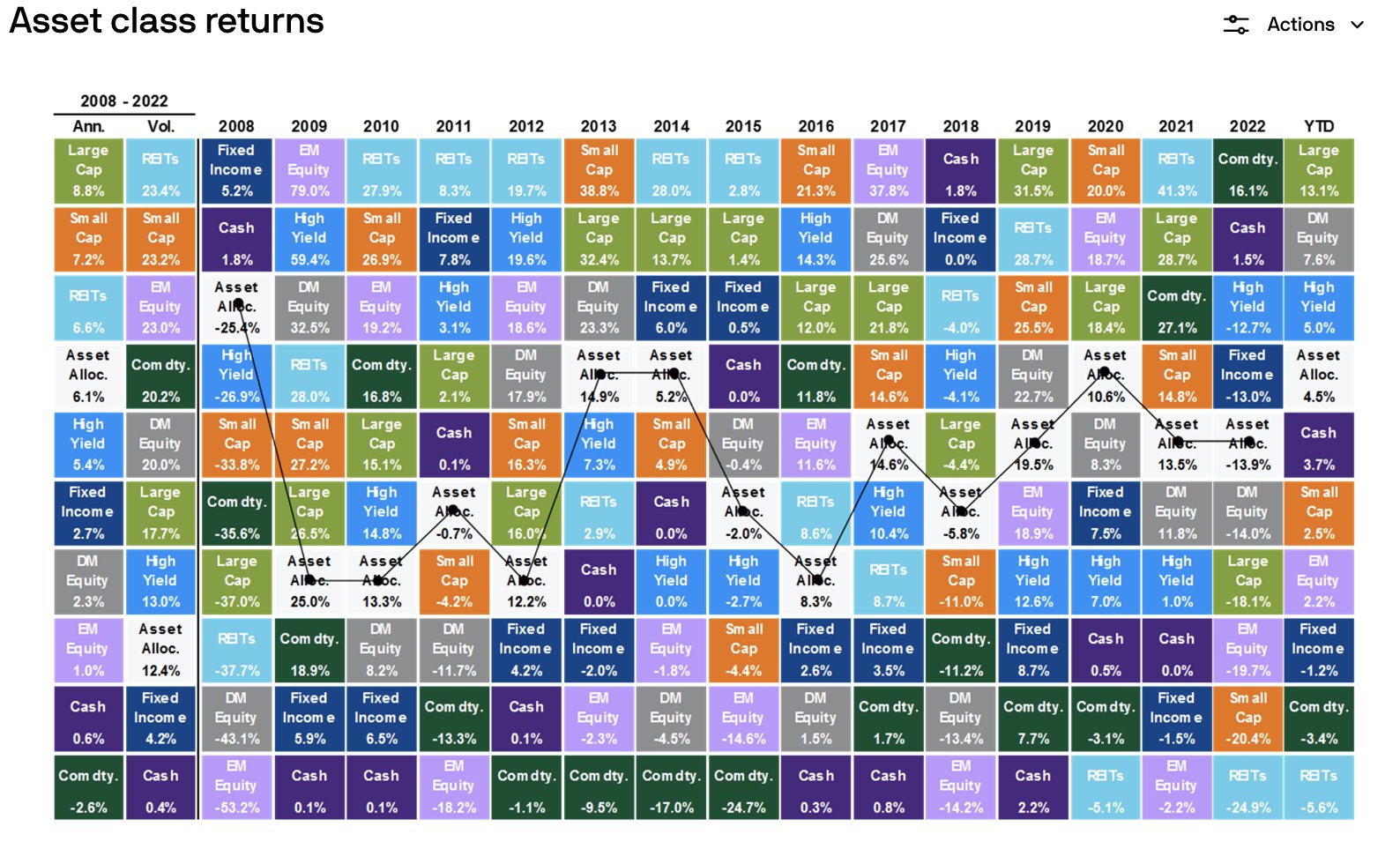It looks like you're new here. If you want to get involved, click one of these buttons!
Many investors think that the 20-year is a good buy now. 20 years of 5% interest will work for many folks. But once interest rates start declining you will make a nice CG on the bonds you own. Any kind of market timing is difficult. If one doesn't hit the highest yield, 5% is still great and most likely will be great a few years from now.BTW, the expected yield on the 20-year Treasury bond auction today is 5.156%

What's the point of a having prospectus that (still) says that the fund might violate the law (by suspending redemptions)? It could just as easily say that the fund might hold long term securities. That's also prohibited. Hard to trust a document that borders on fiction.Thank you for your email that we received on October 6, 2023, regarding SEC rule 2a-7. As your concerns are important to us, your email was forwarded to the Executive Office for review. I appreciate this opportunity to address your concerns.
Fidelity has been working diligently to implement the SEC’s amendments. To ensure our investors are aware, we have incorporated the recent changes to each money market fund’s fact sheet on our website.
I can confirm that Fidelity fully complies with all laws and regulations applicable to our businesses, products, and services, including SEC Rule 2a-7. Before October 2, when Rule 2a-7 permitted fees and gates, Fidelity did not impose a fee upon the sale of shares or temporarily suspend a shareholder’s ability to sell shares in any money market fund we manage.
We appreciate your years of loyalty to Fidelity, and we look forward to assisting with your accounts in the future. If you have additional questions, please call us at 800-544-6666. For your convenience, representatives are available 24 hours a day, 7 days a week.
Sincerely,
Nathan Snyder
Executive Office
 SUV.
SUV.© 2015 Mutual Fund Observer. All rights reserved.
© 2015 Mutual Fund Observer. All rights reserved. Powered by Vanilla